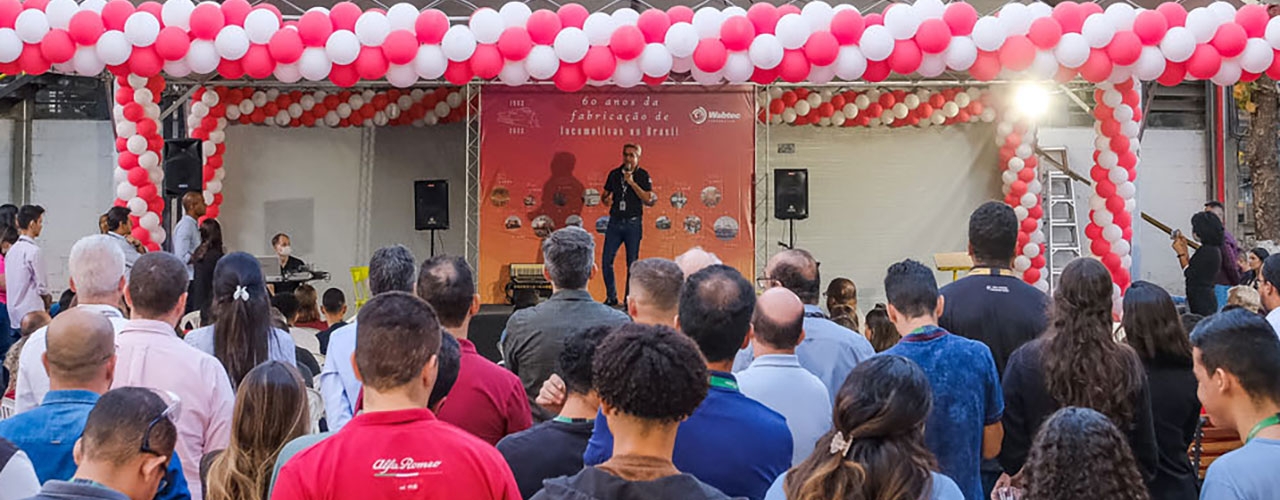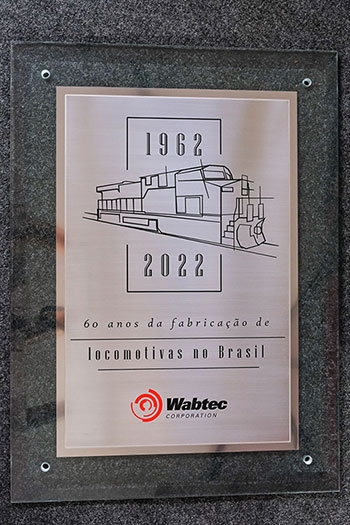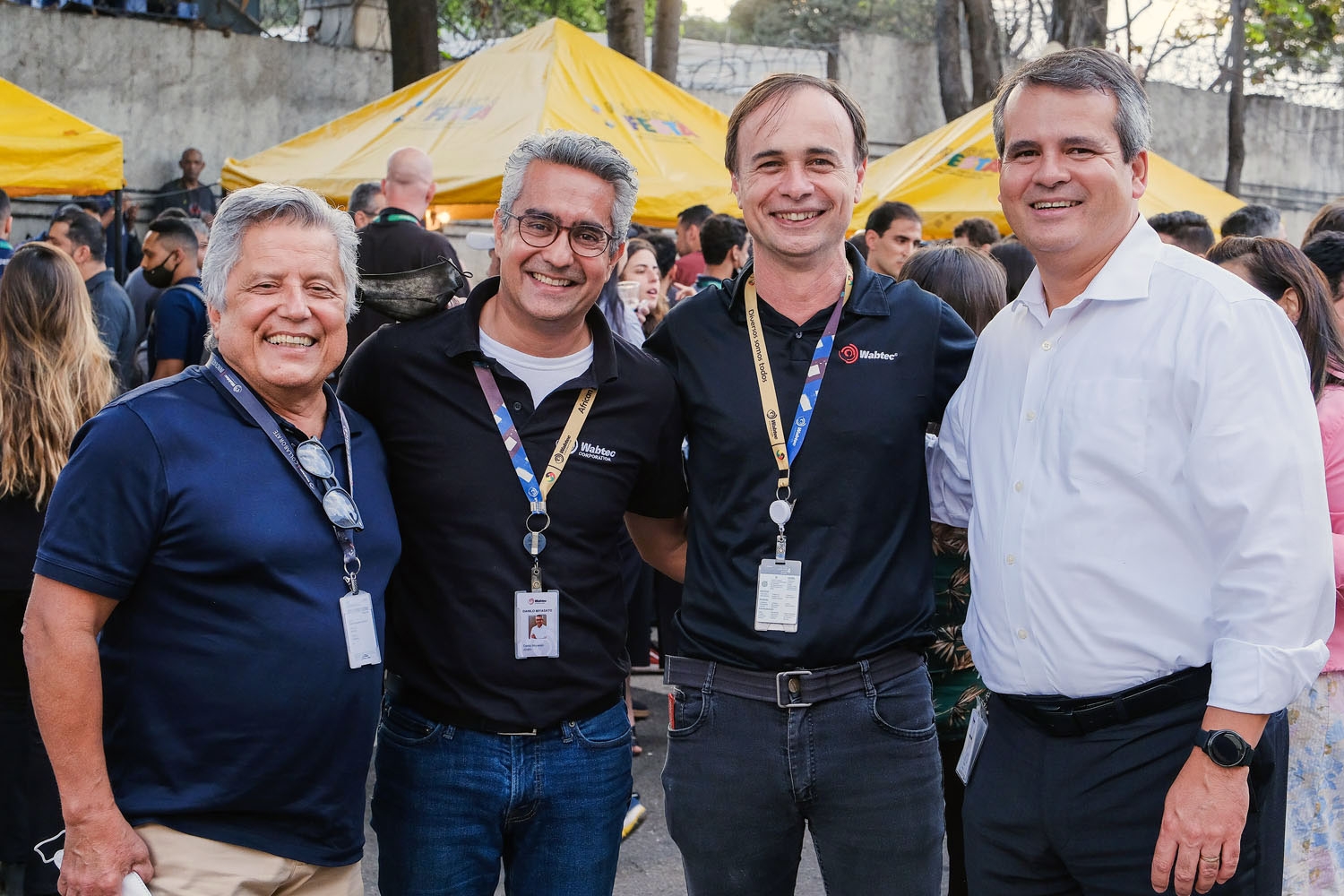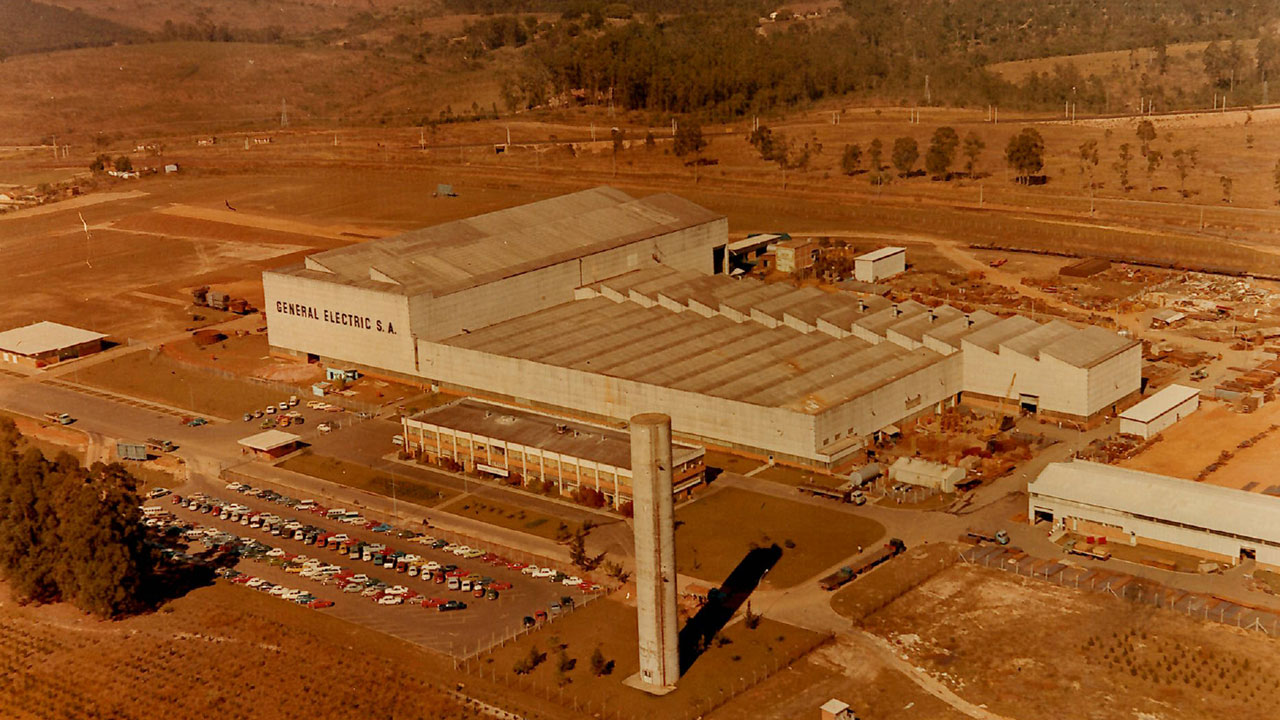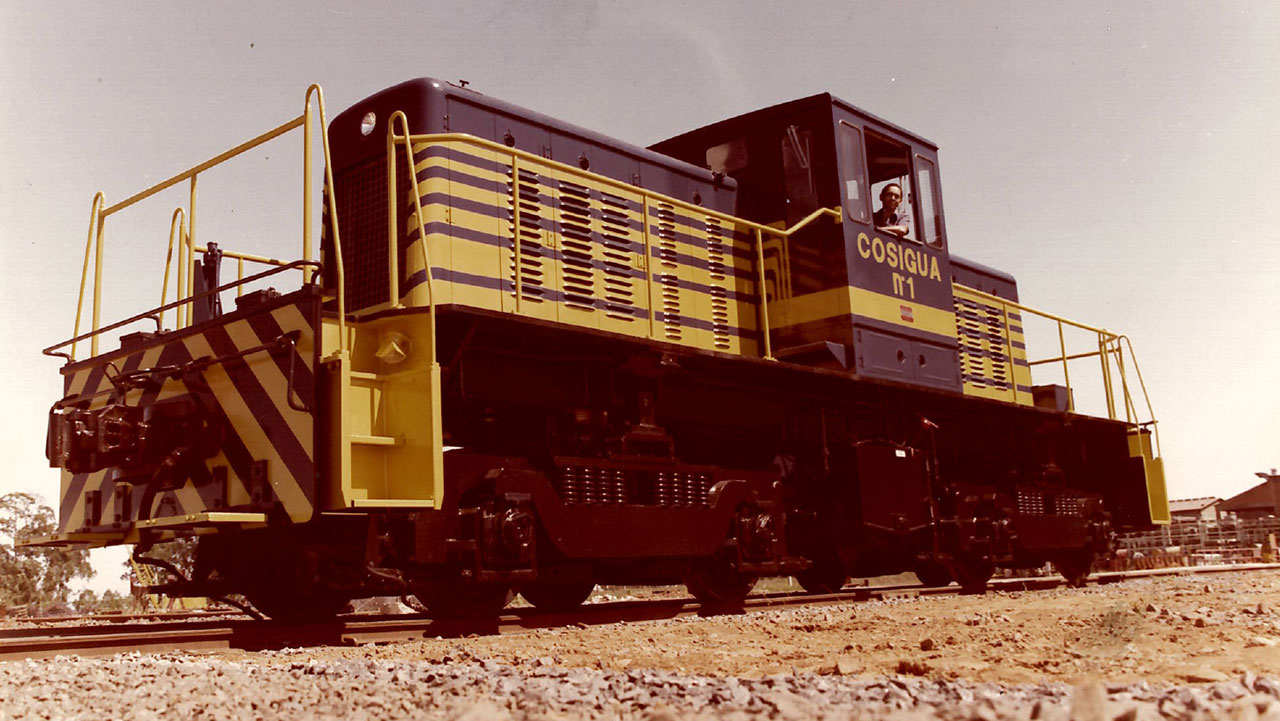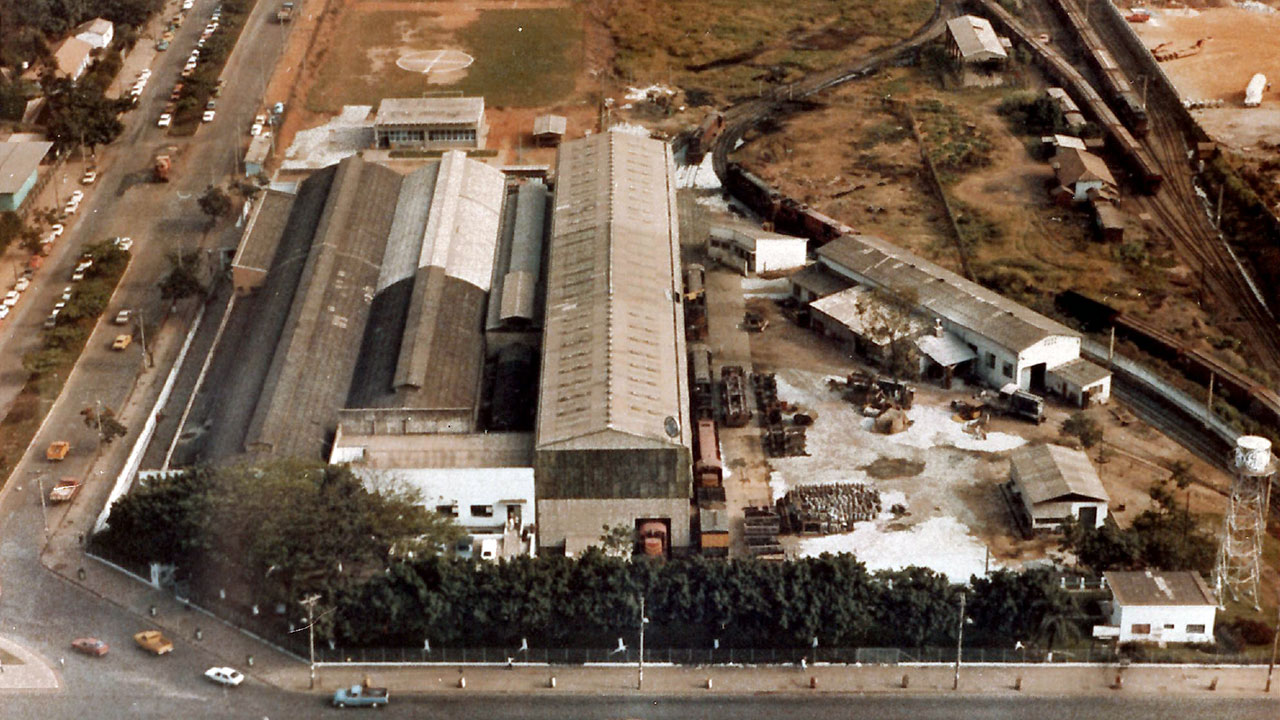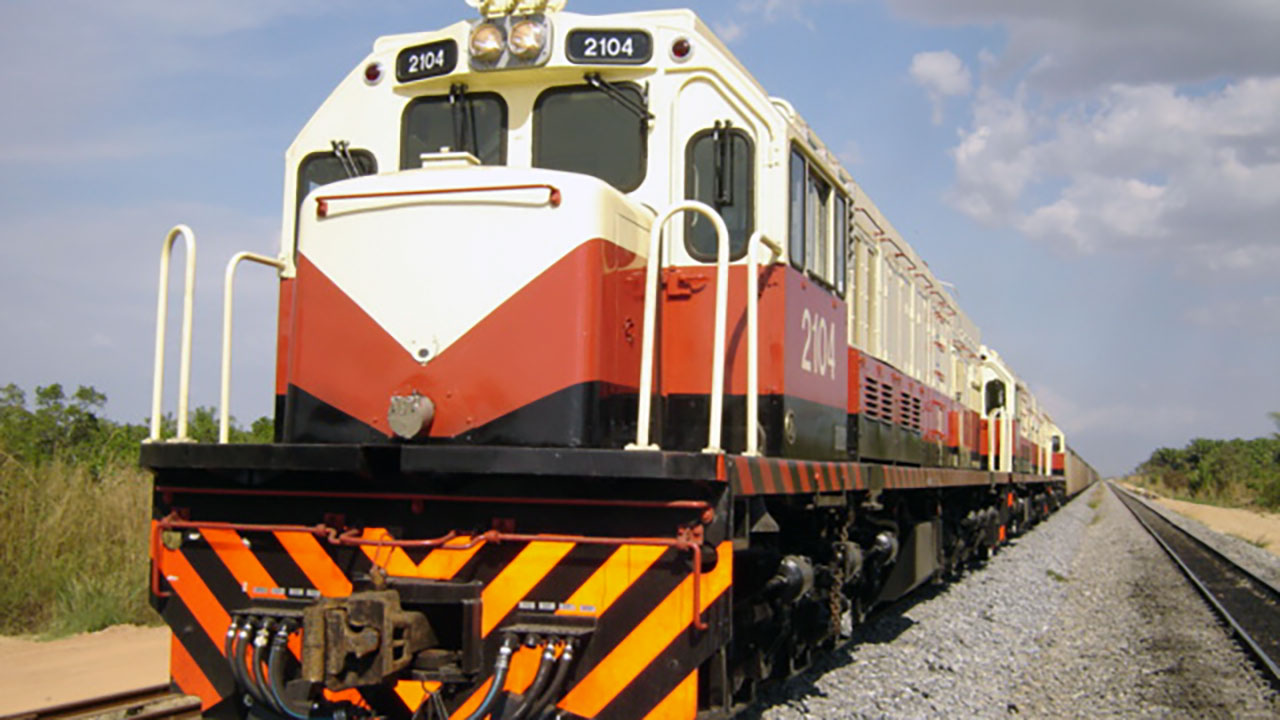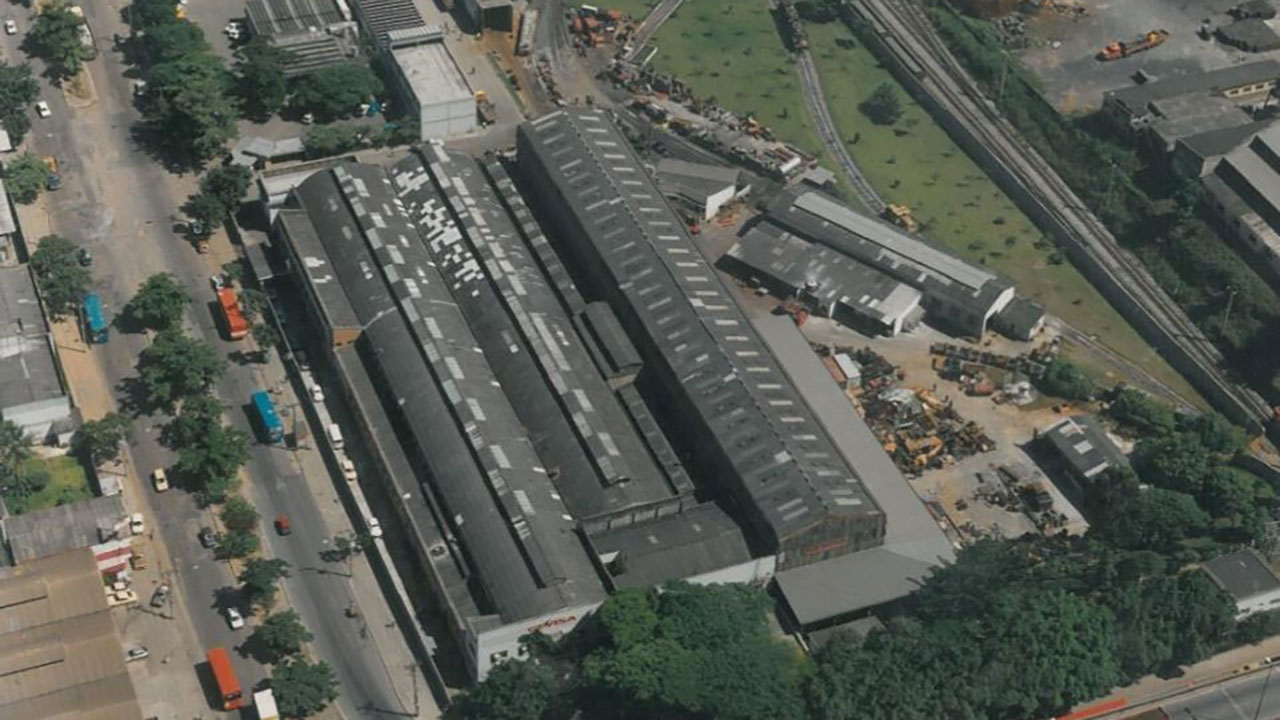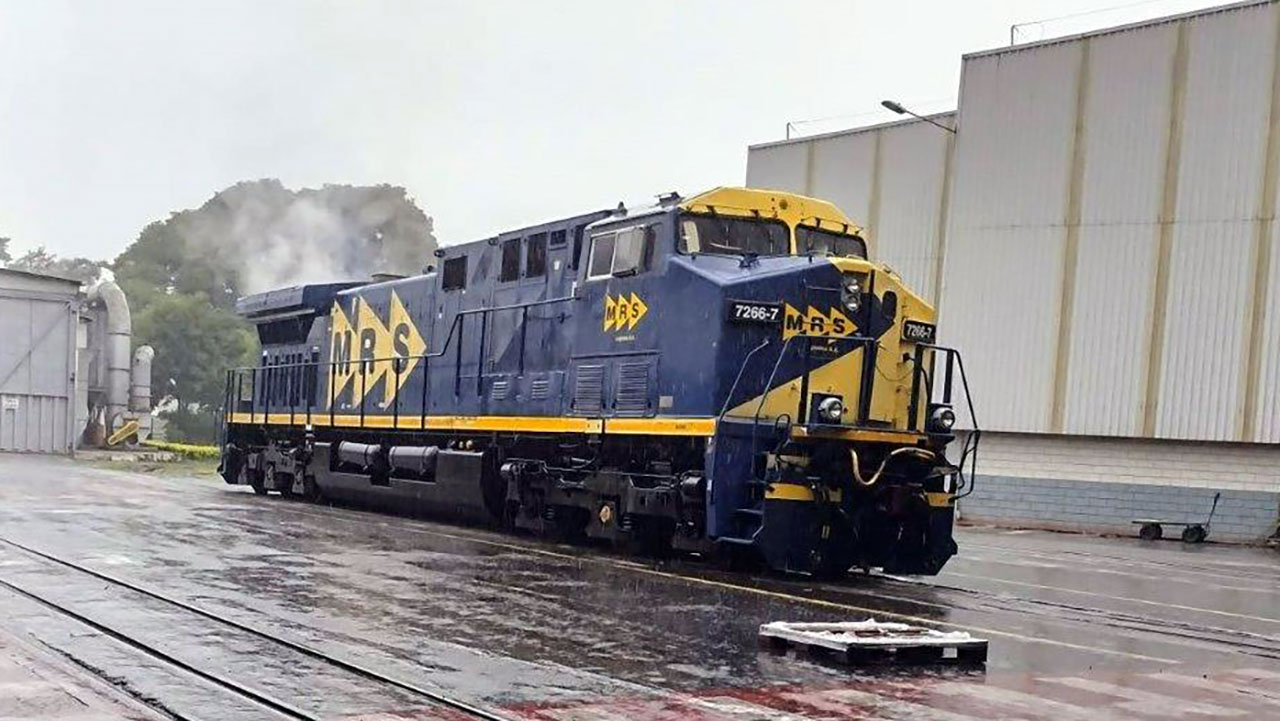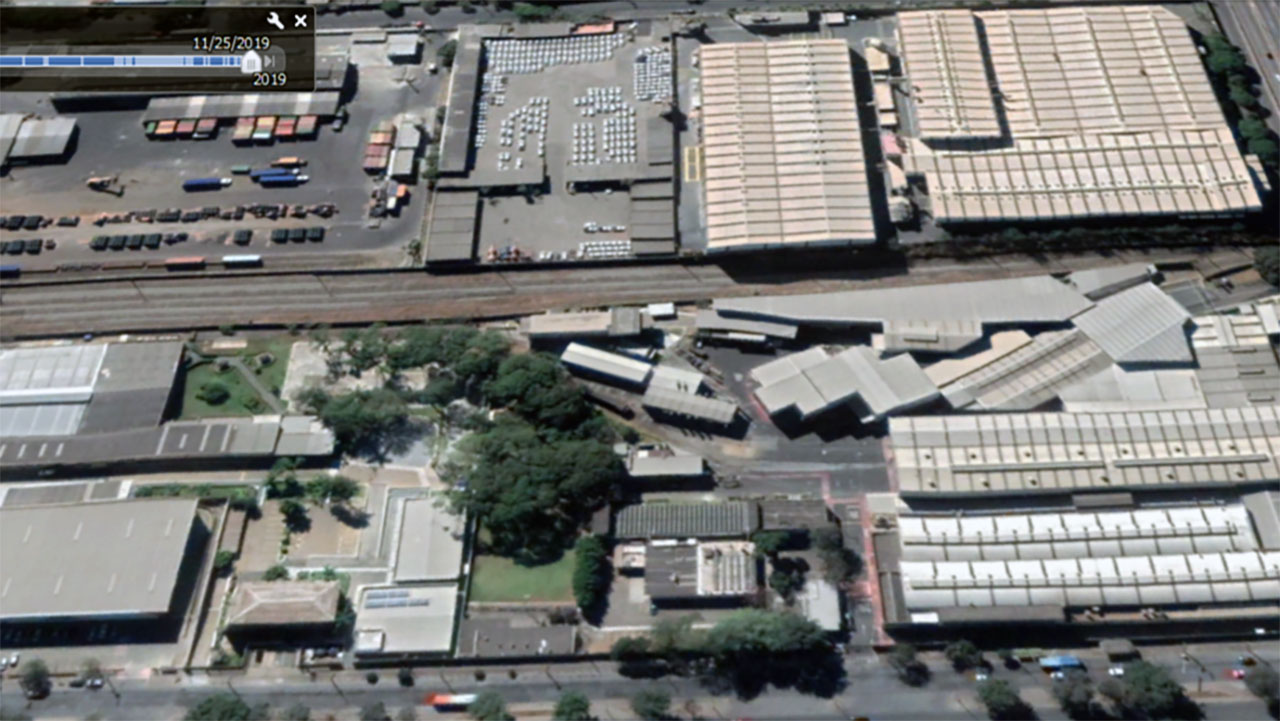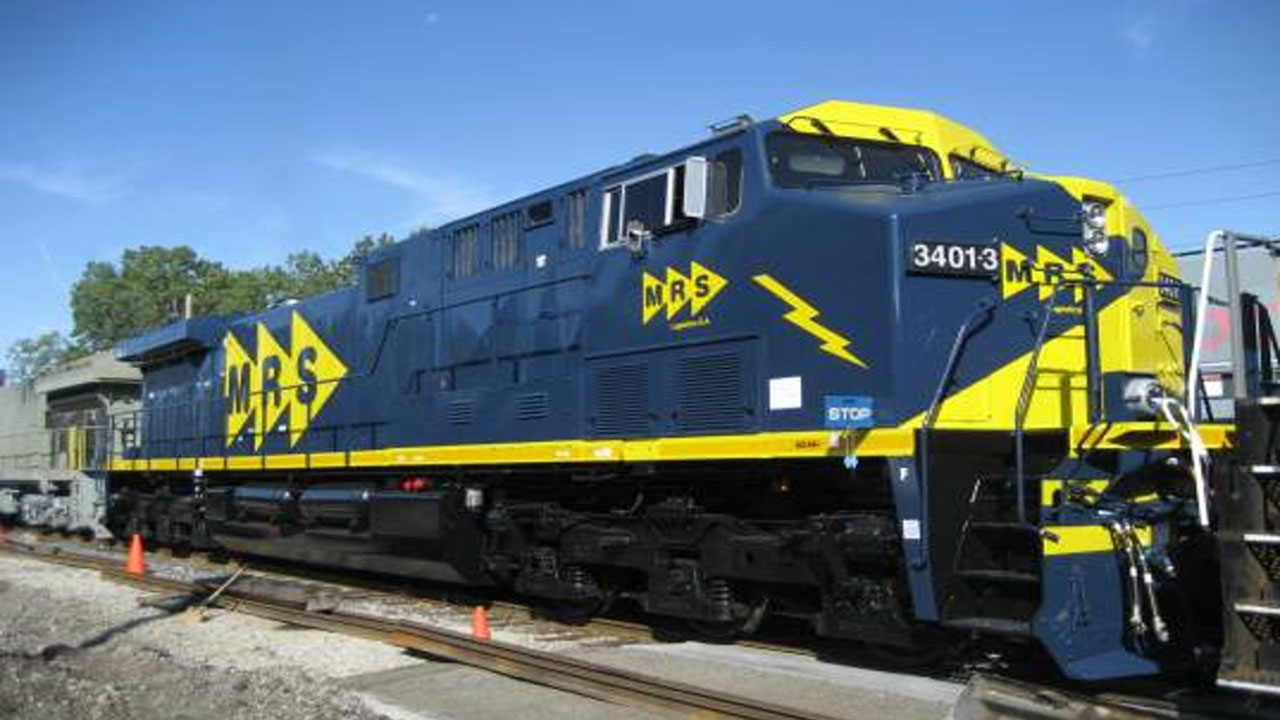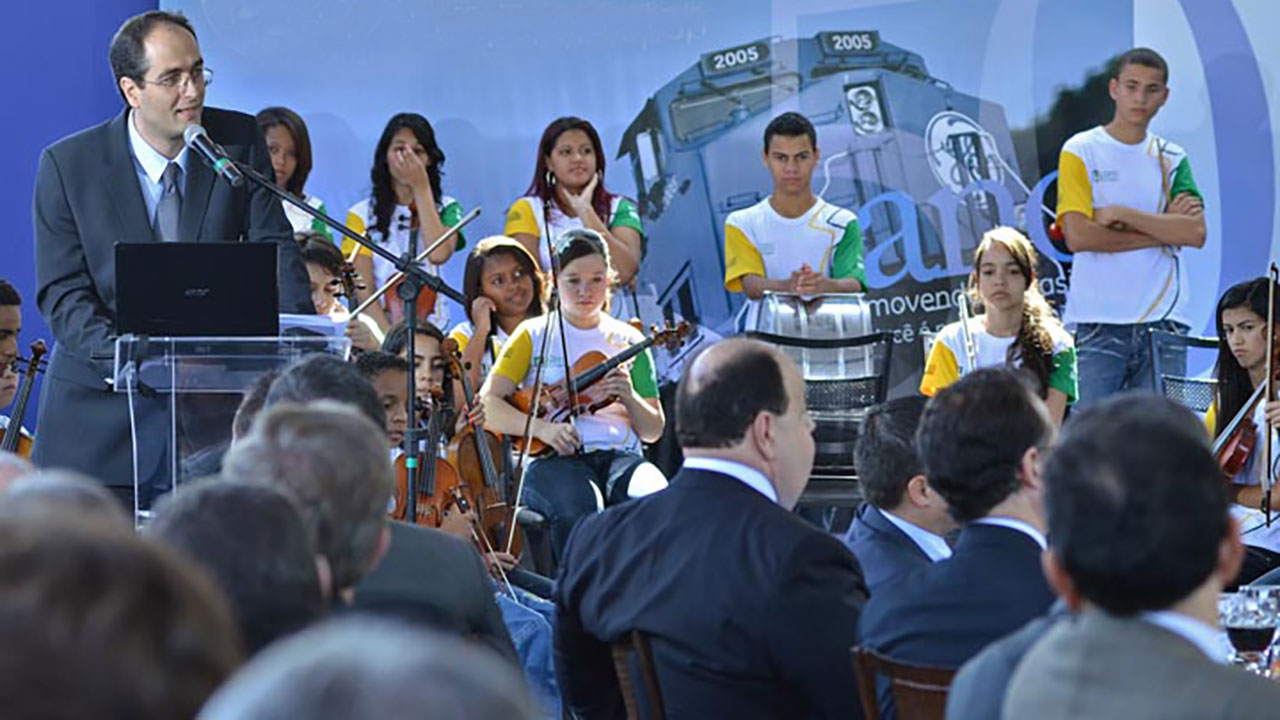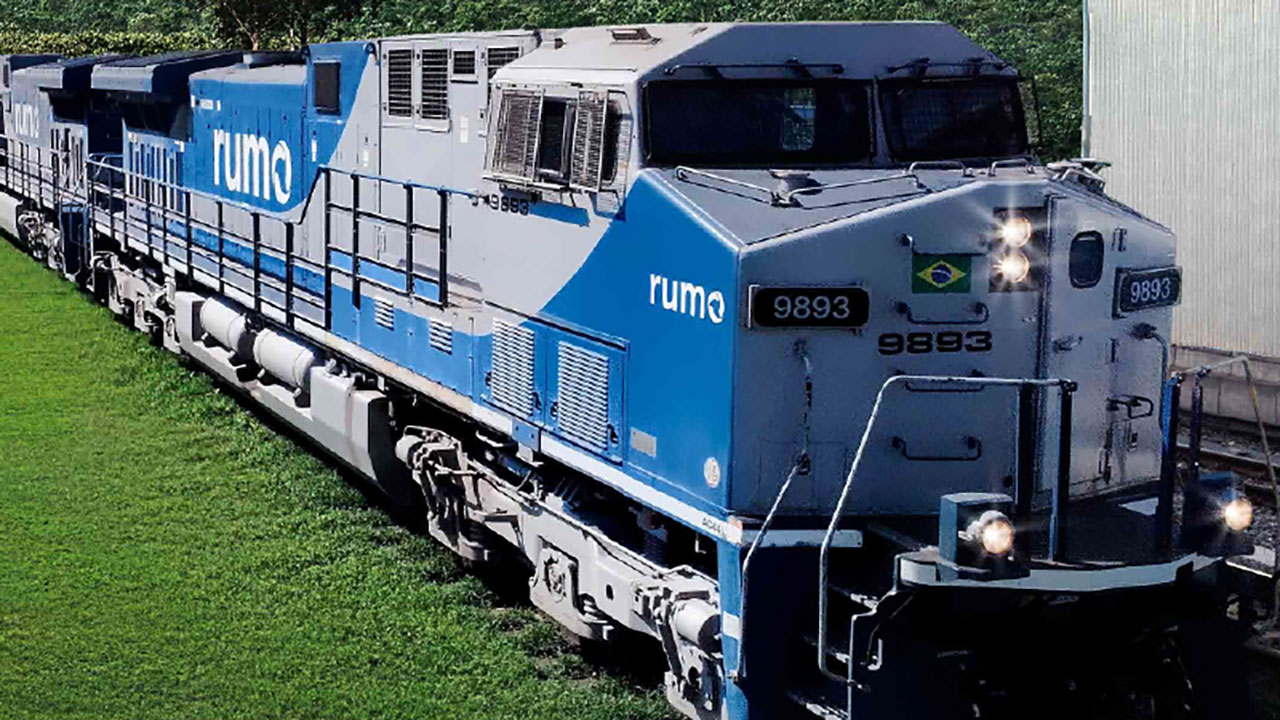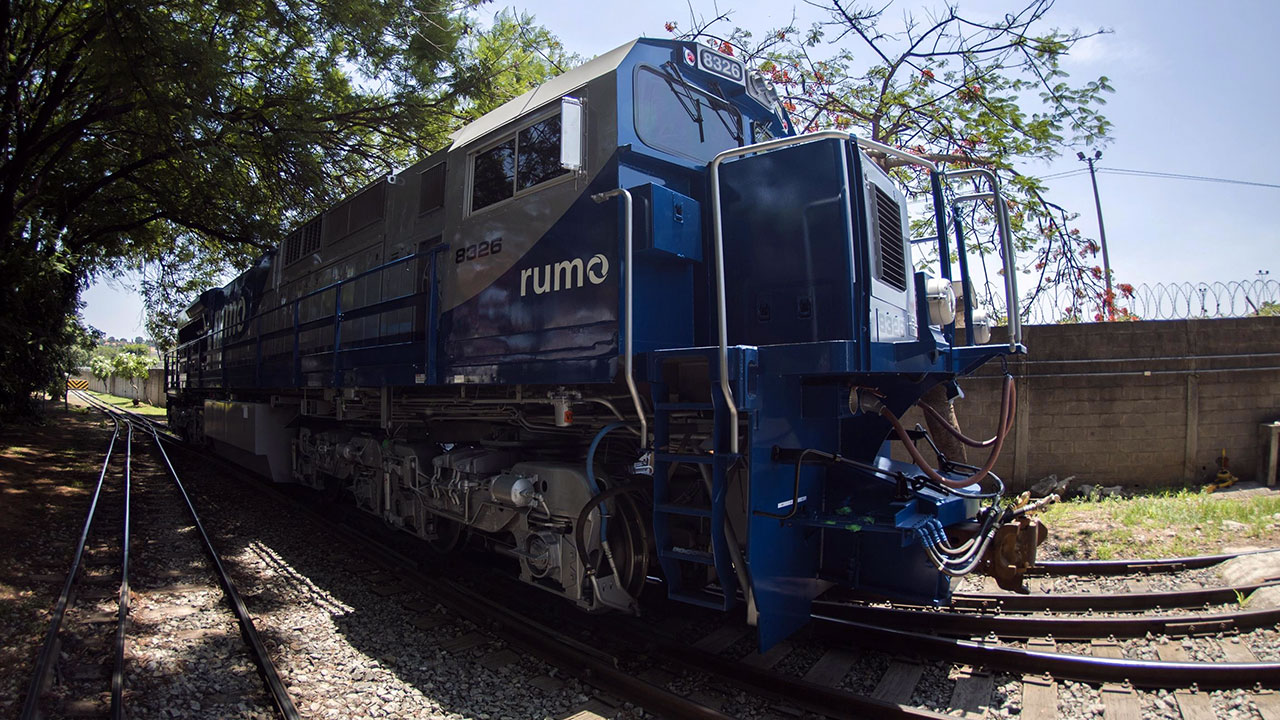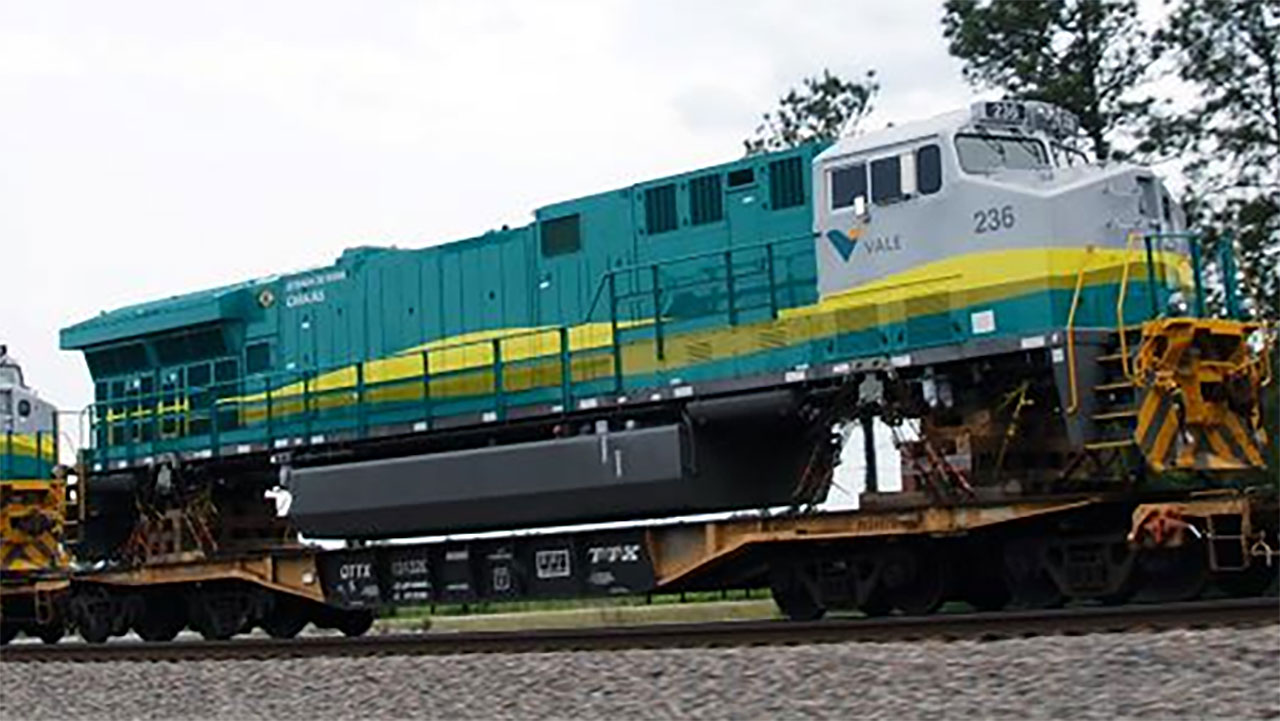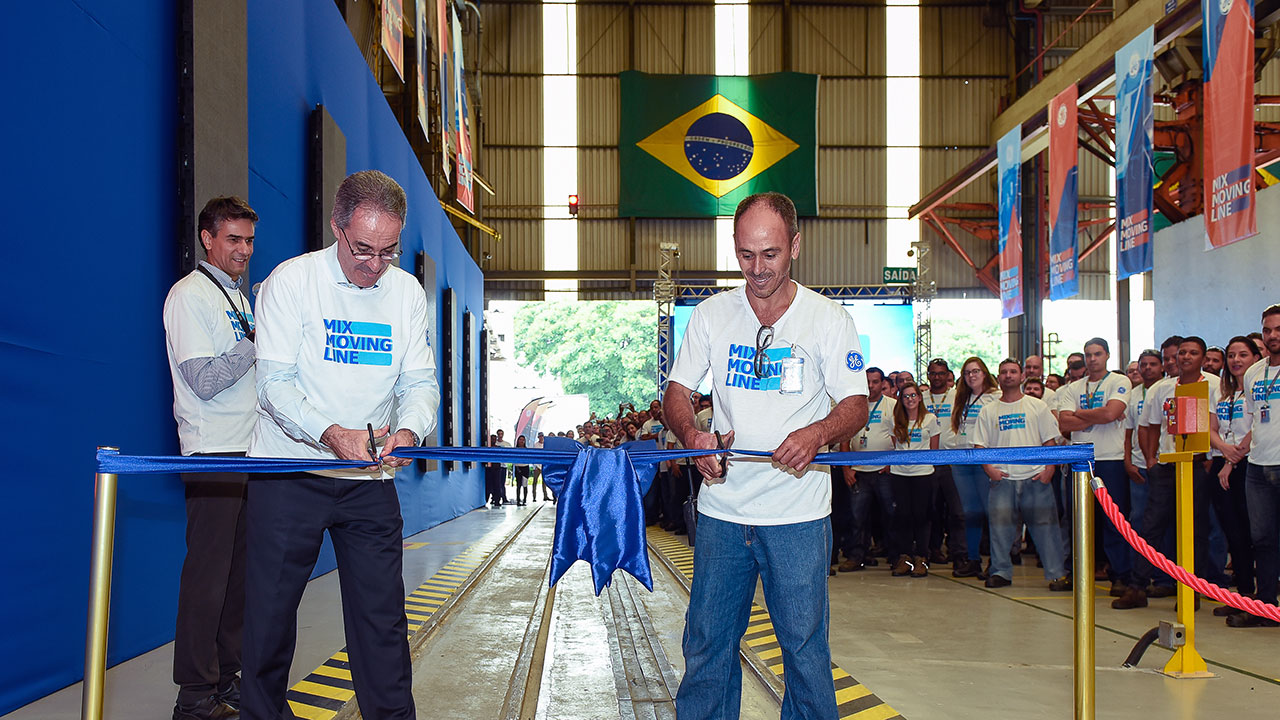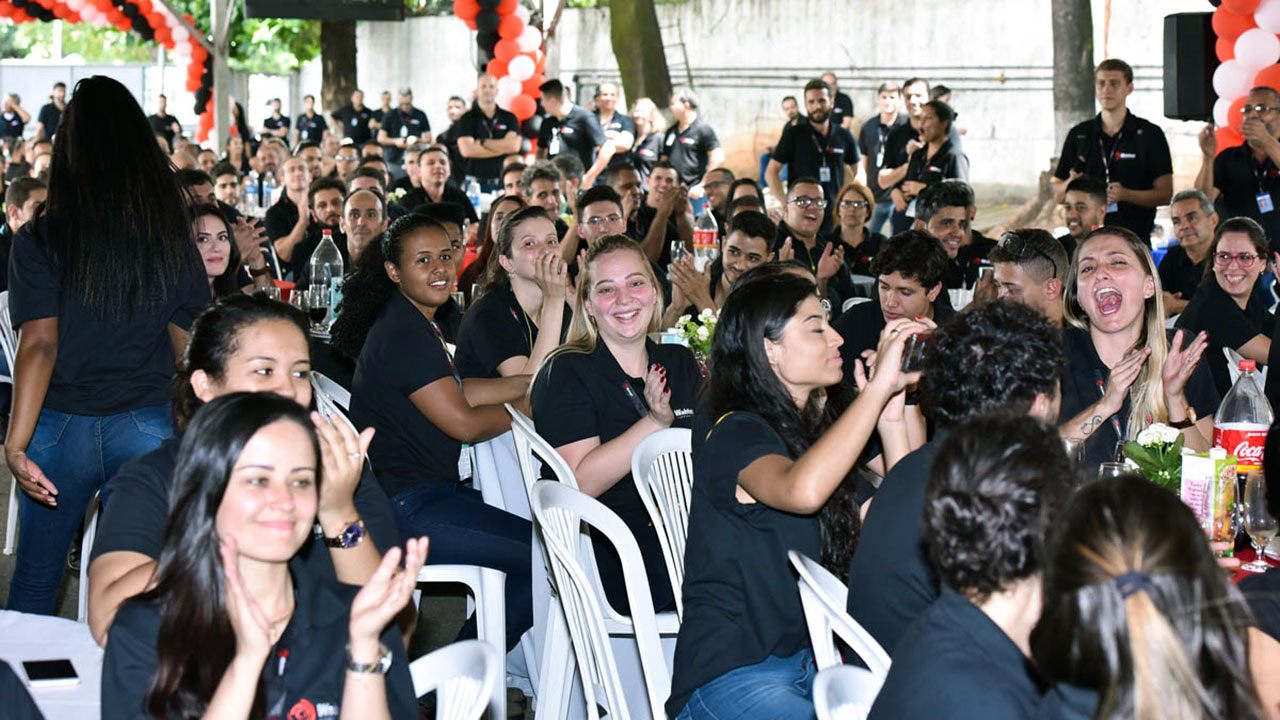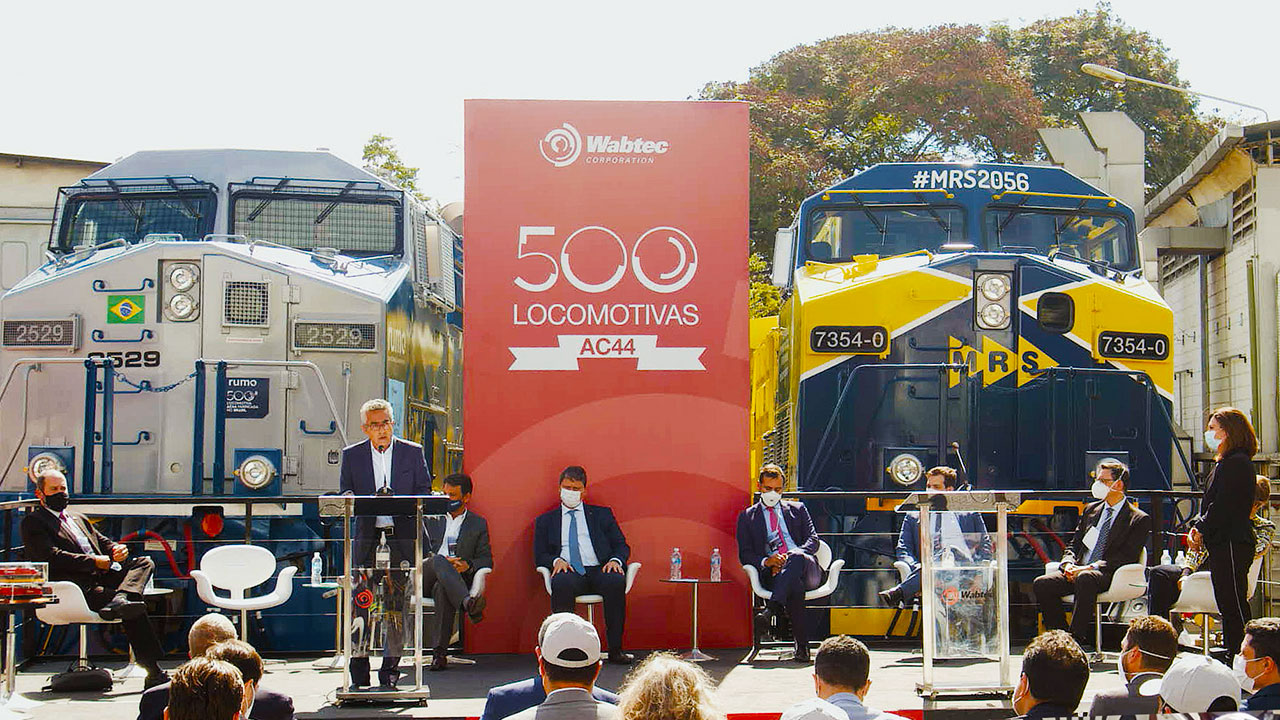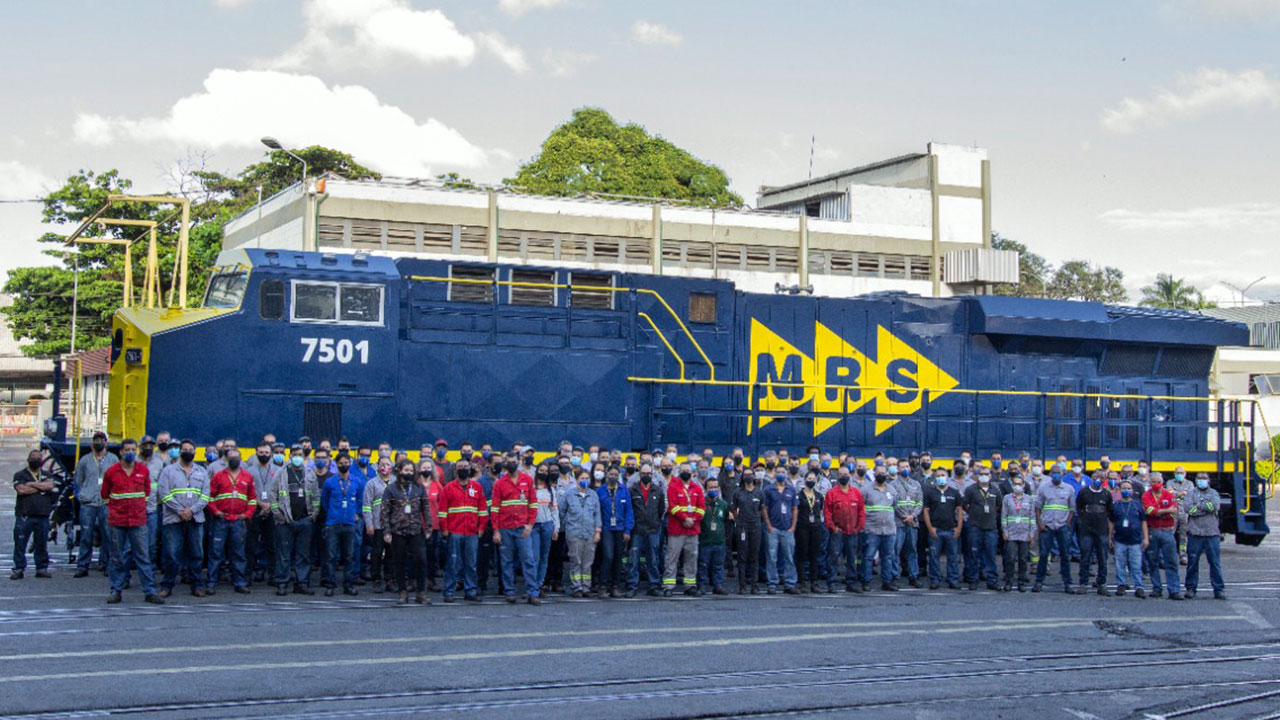Feliz Aniversário!
The year was 1962. It marked a milestone in Latin America’s railroad industry: the launch of Wabtec’s operations in Brazil. For the next 60 years, Wabtec would help modernize and grow the region’s rail industry, delivering more than 1,800 locomotives in the process.
Wabtec’s story started in Brazil when GE built the first factory in Campinas (SP) in 1962 and quickly accelerated when the company signed a contract with the Government of São Paulo in 1964 for the manufacture of 40 small locomotives – the first completely manufactured in Brazil. That is when things really started to roll for Wabtec, as it built momentum in Brazil’s rail market.
The company opened its Contagem factory (MG) in 1972. The team started supplying small locomotives, engines, equipment, and specialized labor for the Carajás Railroad, which connects the states of Pará and Maranhão.
Growth in locomotive manufacturing stalled in the country from 1988 through the mid-2000s, as Brazil’s industrial focus shifted from the rail industry to agricultural machinery and automobiles. During this period – known as the “dead years” – the Contagem plant adjusted to the changing market and focused on providing repair and maintenance services for the rail industry.
In 2005, the Contagem team reinvented itself once again. It began producing small locomotives for export and established itself as the leading manufacturer in Latin America. The team also dedicating itself to modernizing Brazil’s aging locomotive fleets – delivering advanced technology and performance to the National Railway market.
Soon, the rail industry in Brazil experienced a transformation with a wave of privatizations and concessions. To support the changing rail industry, Wabtec began developing and producing large locomotives above 4400HP, leveraging an unprecedented partnership with the Federal Government to nationalize locomotive production.
“Wabtec started working with the Brazilian Development Bank on its Nationalization Program and the government of the State of Minas Gerais,” said Danilo Miyasato, president and CEO of Wabtec LATAM. “We became the first company in the rail sector to obtain credit approval to support the nationalization plan and advance the country’s rail infrastructure.
The process of nationalizing heavy-haul locomotives in Brazil was launched successfully by the leadership of then Wabtec LATAM president Rafael Santana, now Global CEO of Wabtec Corporation.
Then, in 2011, Contagem attracted approximately R$ 28 million in new investment to double its installed capacity and increase production to 100 locomotives per year. And in 2012, it celebrated 50 years of manufacturing locomotives in Brazil, surpassing 1,300 locomotives delivered in country.
At the Vanguard of Change
“Throughout Wabtec’s history in the region, the company has been at the forefront of change, always pushing the railroad industry forward,” said Miyasato. “When Brazil nationalized the local production of the first AC44 locomotives in early 2008, Wabtec was pioneering a new local market for large, technologically advanced locomotives. Today, Wabtec has more than 500 of those locomotives in operation, providing a significant productivity boost for national railroads.”
Wabtec’s Contagem team continued to drive innovation, not only for the country, but for the entire industry. The plant unveiled a new approach to manufacturing locomotives in 2018 with a mixed model moving assembly line. This Lean Manufacturing system, one of the first in the industry, is a more efficient and sustainable approach to locomotive production. Unlike traditional stationary production lines, the mixed model moving line is designed for employees to assemble different locomotive configurations on the same line as the units slowly move down the track.
This new production system enabled the plant to increase productivity and optimize the workforce, as well as reduce lead time and inventory. The assembly line cut lead time by approximately 20 percent, reduced inventory by $1.75 million, and created 1,256 square meters of space savings within the factory.
The Contagem team also led the development of a new locomotive called BBI, which met the strictest international criteria of engineering and technology to exclusively serve the needs of Brazilian customers.
In addition, the rollout of several Wabtec technologies and services, including the Trip Optimizer monitored driving system and the PTC (Positive Train Control) lane signaling system, brought proven benefits in fuel consumption and safety to optimize the performance of national fleets.
As did the recent production of the Evolution Series ES44, a locomotive pushing the envelope on improved performance, on-board technology, and fuel consumption, all while reducing emissions – a concept fully aligned with Wabtec’s, and the rail industry’s, sustainability and net-zero carbon goals.
Moving Forward
“Wabtec is ideally positioned to capitalize on the sustainable transport trend and lead the sustainable acceleration of the Railway industry in Brazil, Latin America, and around the globe,” said Miyasato. “With our commitment to Move and Improve the world, and our proven history of innovation and resilience in Brazil, one now spanning 60 years, we are proud to play a starring role in our country's competitiveness and the future of our planet.”
The company continues to push the envelope in sustainable innovation. Wabtec’s leadership in developing 100% battery-operated locomotives points to even more promising sustainability horizons for the railroad market and for Brazil. Wabtec’s FLXdrive locomotive embodies this promise.
As a global leader in rail transport, Wabtec has maintained an unwavering commitment to continuous improvement and investments in technology to meet the needs of customers and the railroad industry at large. For proof, look no farther than the new Wabtec Technology Center located in Juiz de Fora, which focuses on the development of innovative digital solutions that increase productivity, fuel efficiency, and safety throughout the Brazilian rail network.
Combining these digital technologies with equipment innovations such as the ES44Ci and FLXdrive locomotives will help Brazil reduce its carbon emissions, while also opening the door to new opportunities. And judging by its success so far, the Contagem team will continue driving innovation and sustainability in the region for the next 60 years.
